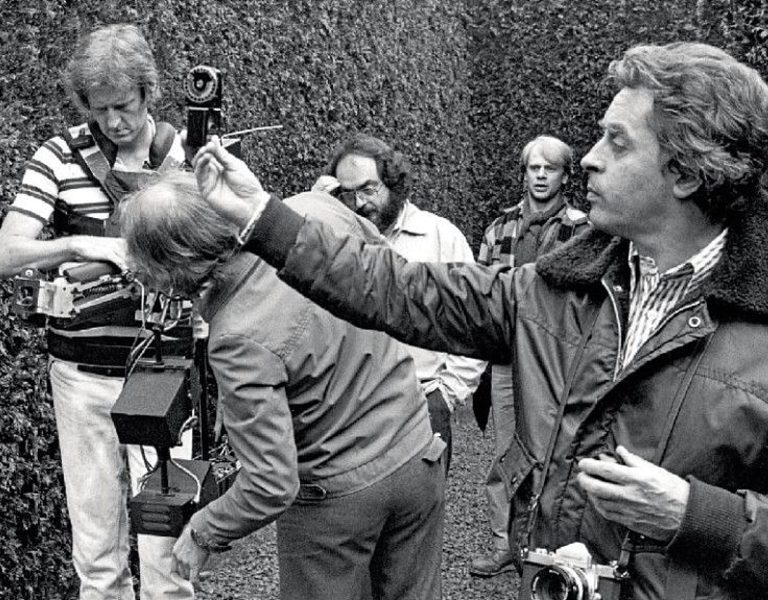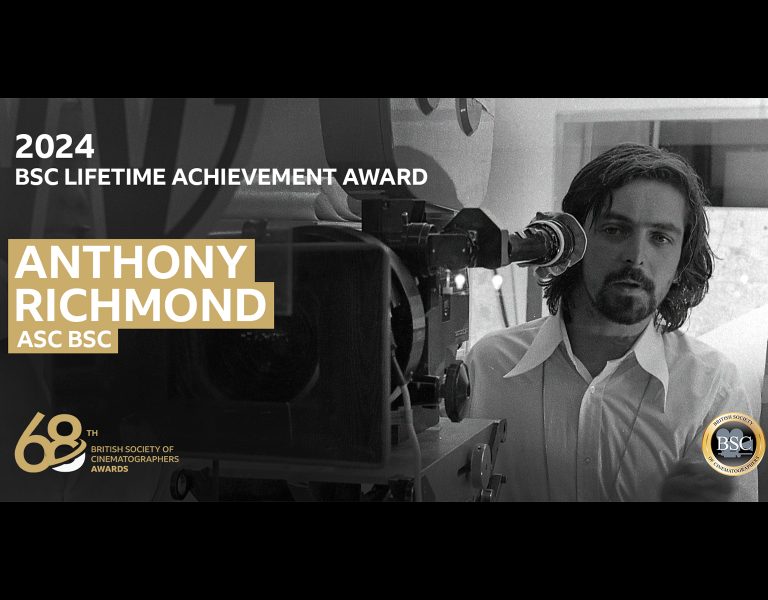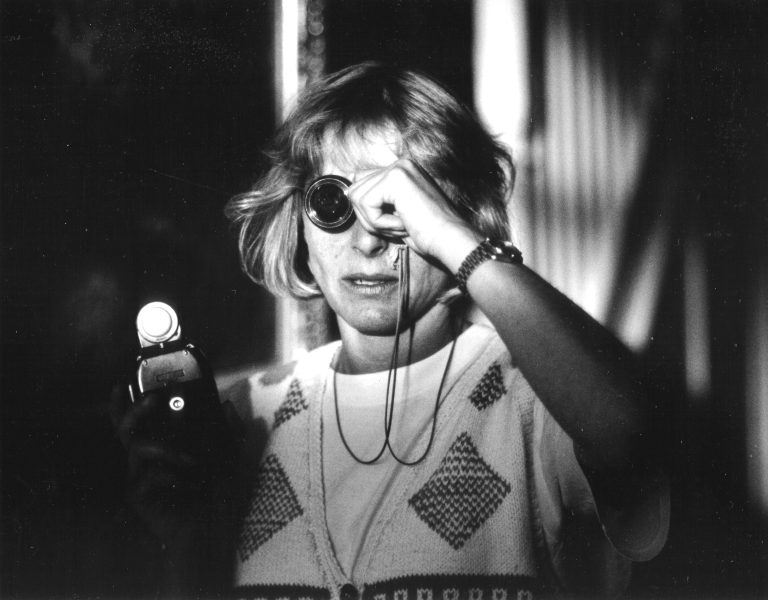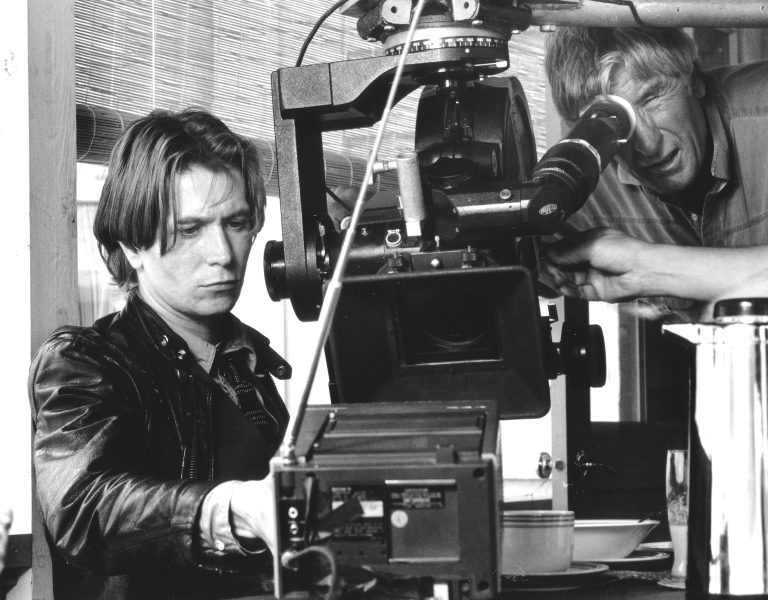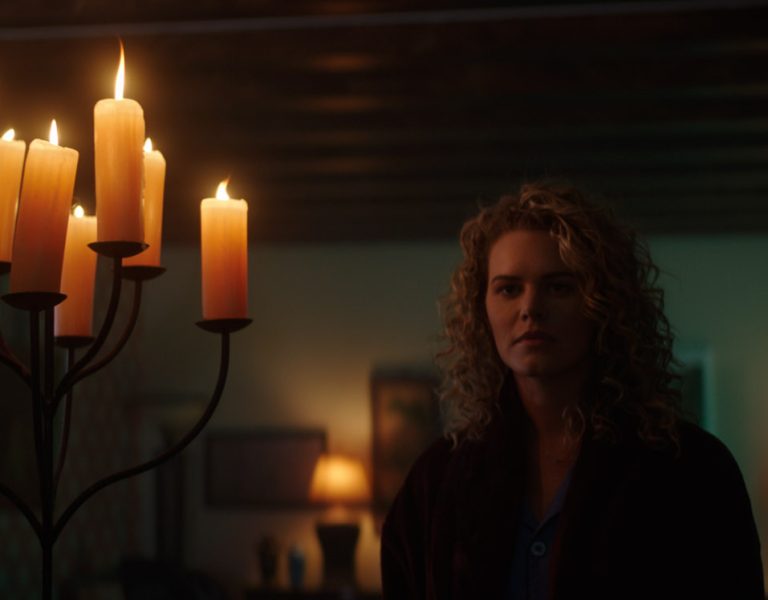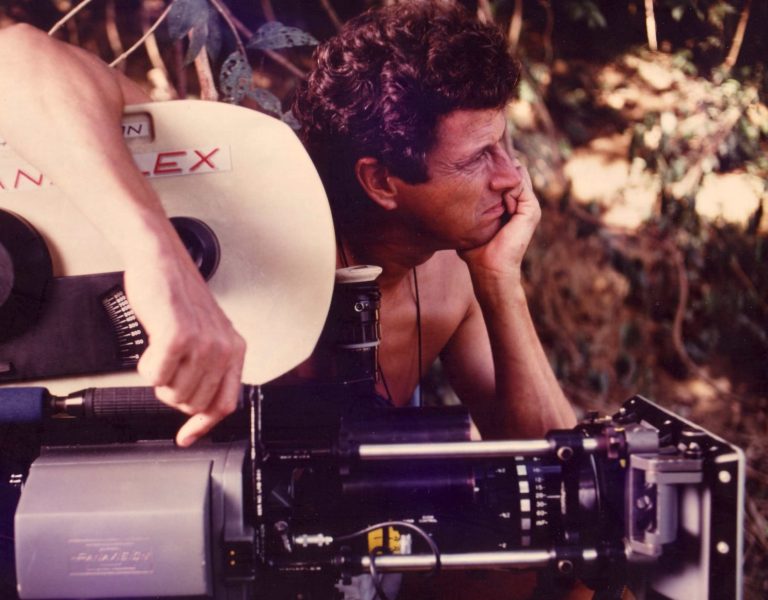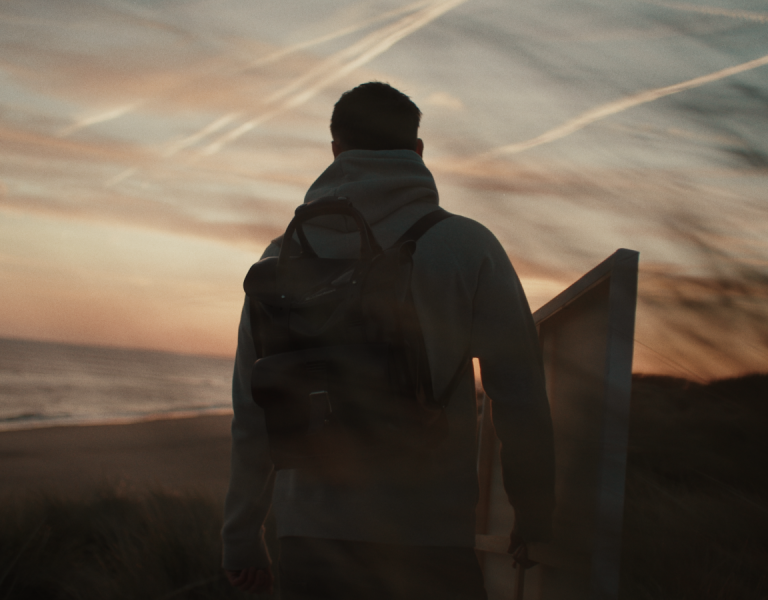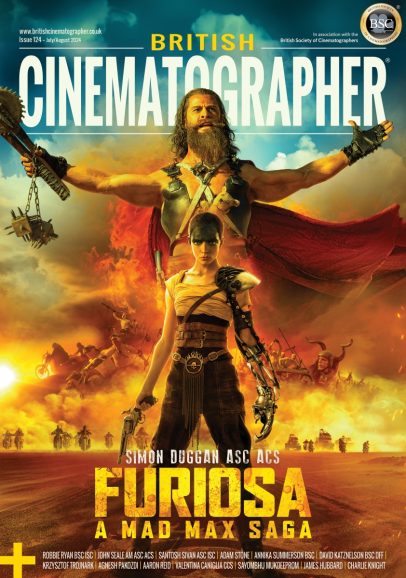LIFETIME BEHIND THE LENS
Anthony B. Richmond ASC BSC has over 90 credits to his name in a career defined by a longstanding association with DP-turned-director Nicolas Roeg. Nowadays, the 2024 BSC Lifetime Award winner is giving back to the next generation of cinematographers.
Born and raised in London, Anthony B. Richmond ASC BSC became a messenger with Associated British Cinemas (ABC) and then with Pathé News. Later, he worked as a clapper loader on films including Call Me Bwana (1963, dir. Gordon Douglas, cin. Ted Moore BSC), From Russia with Love (1963, dir. Terence Young, cin. Ted Moore), A Funny Thing Happened on The Way to the Forum (1977, dir. Richard Lester, cin. Nic Roeg CBE BSC), Fahrenheit 451 (1966, dir. François Truffaut, cin. Nic Roeg) and Dr. Zhivago (1965, dir. David Lean, cin. Freddie Young OBE BSC).
In 1967, with cinematographer Nic Roeg, Richmond became focus puller on the second unit of Casino Royale (1967, second unit dir. Anthony Squire) and John Schlesinger’s Far from the Madding Crowd. He later served as cinematographer on Schlesinger’s documentary Israel: A Right To Live (1967), filmed just days after the Six-Day War. Shortly after, Richmond photographed his first feature, Only When I Larf (1967), directed by Basil Dearden.
Richmond was also part of the seminal British music scene of the late 1960s, photographing films such as the Rolling Stones classic, Sympathy for the Devil (1968, dir. Jean-Luc Godard), The Rolling Stones Rock and Roll Circus with Michael Lindsay-Hogg (released in 1996) and the Beatles’ film Let It Be (1969, dir. Michael Lindsay-Hogg). His other rock-and-roll credits include the documentaries The Kids Are Alright (1979, dir. Jeff Stein) and Glastonbury Fayre (1972, dir. Peter Neal, Nic Roeg).
He has worked with Nic Roeg on numerous occasions, lensing five of his films: Don’t Look Now (1973) which won a BAFTA award for cinematography, The Man Who Fell to Earth (1976), Bad Timing (1980), Heart of Darkness (1993) and Full Body Massage (1995).
Some of Richmond’s other credits include the horror film Candyman (1992, dir. Bernard Rose), Stardust (1974, dir. Michael Apted), That’s Life (1986, dir. Blake Edwards), The Eagle Has Landed (1976, dir. John Sturges) and The Greek Tycoon (1978, dir. J. Lee Thompson). He also served as DP on Sean Penn’s directorial debut, The Indian Runner (1991), and Anjelica Huston’s directorial debut, Bastard Out of Carolina (1996).
In recent years he has been Chair of Cinematography at The New York Film Academy in Los Angeles, where he enjoys teaching the next generation of cinematographers and mentoring aspiring filmmakers.
He is a member of the Academy of Motion Picture Arts & Sciences and became a member of the BSC in 1972. Richmond received the BSC Lifetime Achievement Awards at the 2024 BSC Awards.
Other credits: Good Luck Chuck, The Comebacks, Shade, Havana Nights, Legally Blonde, Ravenous, Men Of Honor, The Sweetest Thing, Someone Like You, Just Friends, John Tucker Must Die, Autopsy, Sex and Lies in Sin City, The Rocker, Alvin and the Chipmunks: The Squeakquel, Coffee Town, The Assets, Diary of a Wimpy Kid, Diary of a Wimpy Kid: Dog Days, Diary of a Wimpy Kid: The Long Haul
Selected awards: BAFTA Award: Don’t Look Now (1973, dir. Nic Roeg)
To find more about Richmond’s incredible career, head to bit.ly/anthonyrichmond to read the Visionary interview from the July 2022 issue of British Cinematographer.

